Guest Blog: 'Stand Up and Speak Out' for chemical engineering
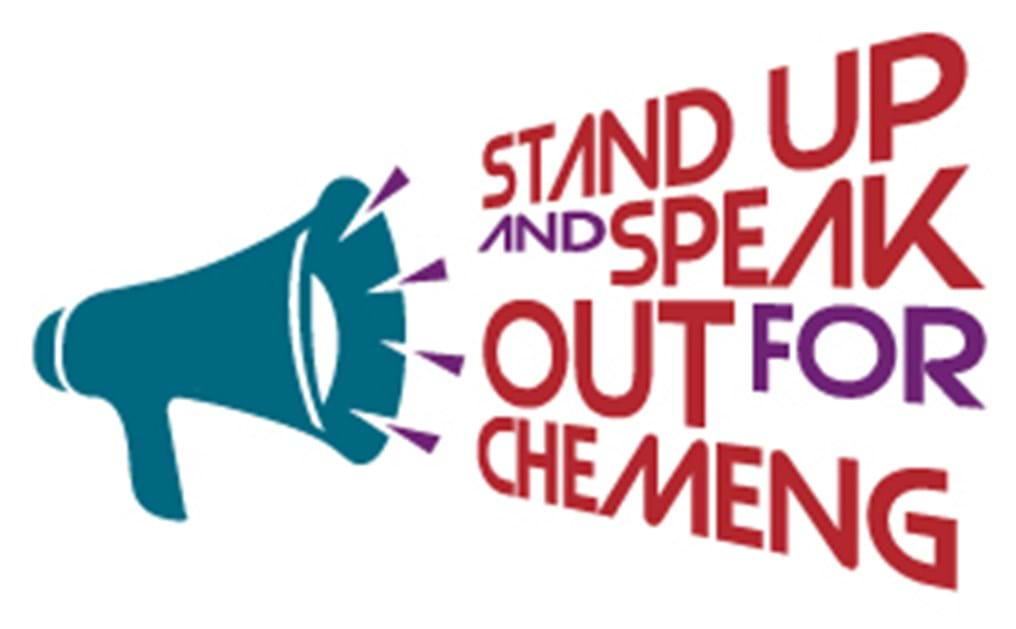
7th March 2016
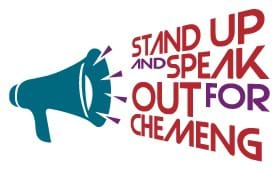
The event welcomed a plethora of talent to its expert panel - and saw Jonathan Webb, BBC, Jason Palmer, The Economist, Colin Smith, Imperial College London, Ellie Chambers, British Science Association and Yasmin Ali, E-ON. As well as giving a traditional panel discussion, answering questions from the floor, the experts also got on their soapboxes (literally) and were given four minutes to give their own experiences of engineering and the media.
The evening ended with attendees pledging to 'Stand Up and Speak Out'. All who pledged will become involved with the IChemE Media Envoy programme, which helps members to tell their stories through the media and give expert comment on current issues.
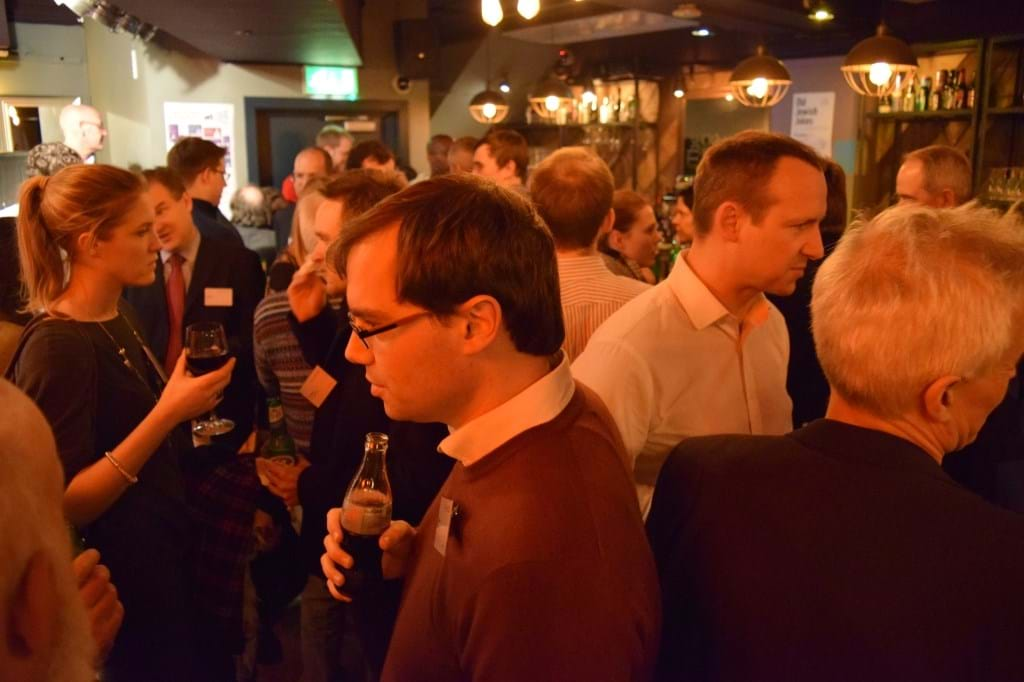
Today, Yasmin Ali - one of the evening's expert panelists - gives her feedback on the event, and looks forward to the next steps for chemical engineering and public engagement.
It took me four years of studying chemical engineering, then a few years of work, to realise the magnitude of our reliance on engineers. They beaver away quietly, meeting our daily living expectations and demands. Despite this, we moan and groan on the odd occasion that our train is late, if the internet connection slows down, or when the water from the washing machine in the apartment above decides to pour through the ceiling into the kitchen.
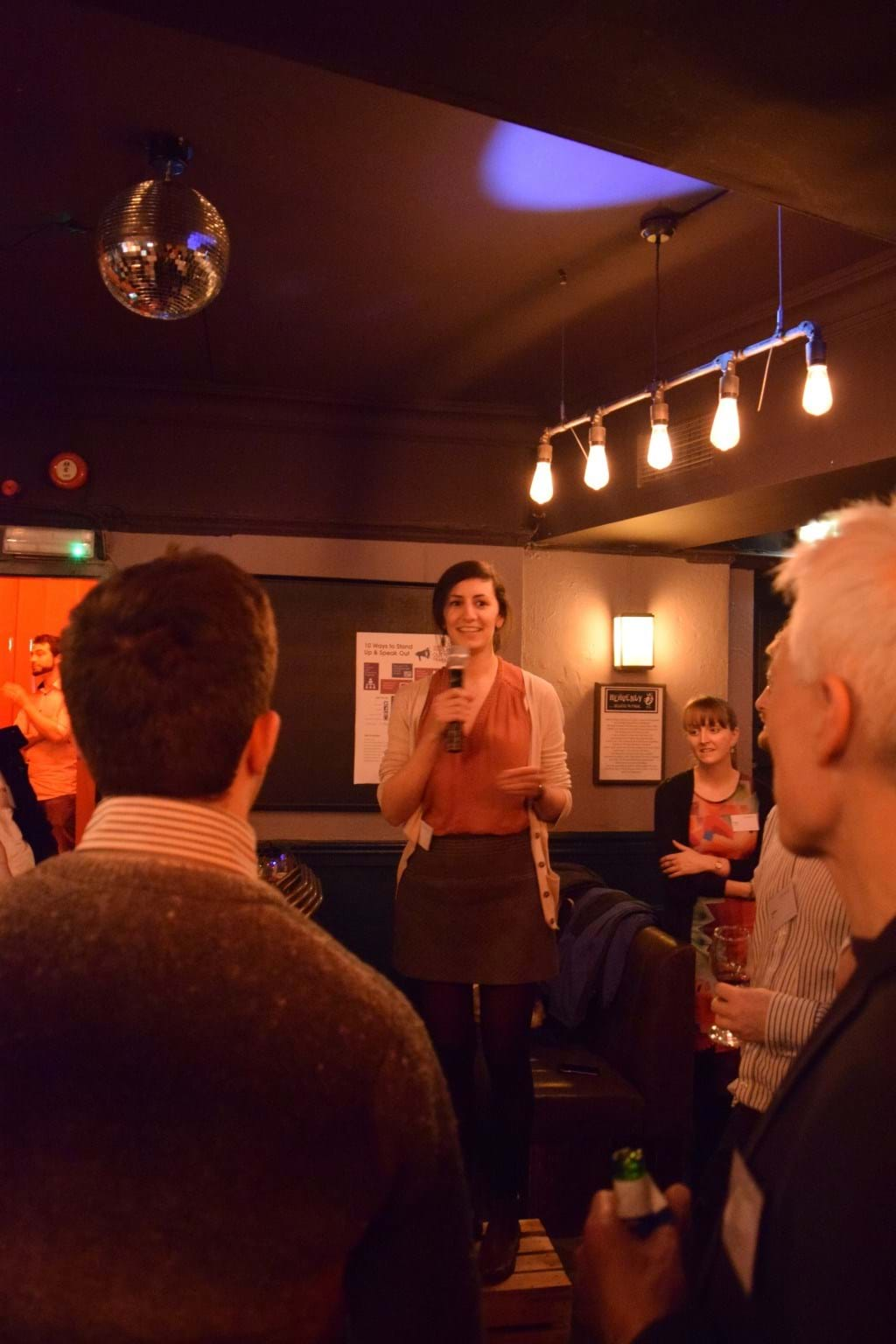
That last example is the latest annoyance in my own life. Rather than complaining, maybe I should stop to consider the mind blowing facts. I have a machine that enthusiastically does the laundry for me, then drains the water into a designated system (most of the time). There are people defying gravity by living above me, and more people above them, and they haven’t fallen through the ceiling. Speaking of the ceiling, it can and will be easily repaired with some skilfully engineered materials.
I could always picture what doctors, teachers and even politicians did, but I was oblivious to engineering, perhaps due to the lack of public engagement. It’s no coincidence that the BBC News website has ‘Health’, ‘Education’, and ‘Politics’ tabs. Engineering usually happens behind closed doors, it’s a mystery to most, so why not open up to the media and show the public what we do?
Last month, IChemE gathered some media professionals, science reporters, and engineers in the basement of a pub to talk about what makes ‘good’ science news and how we can get more engineering stories out there. Unfortunately, there is no magic formula. Science and engineering news should be interesting and informative, easy to relate to, and consider the human angle rather than just hard facts and figures.
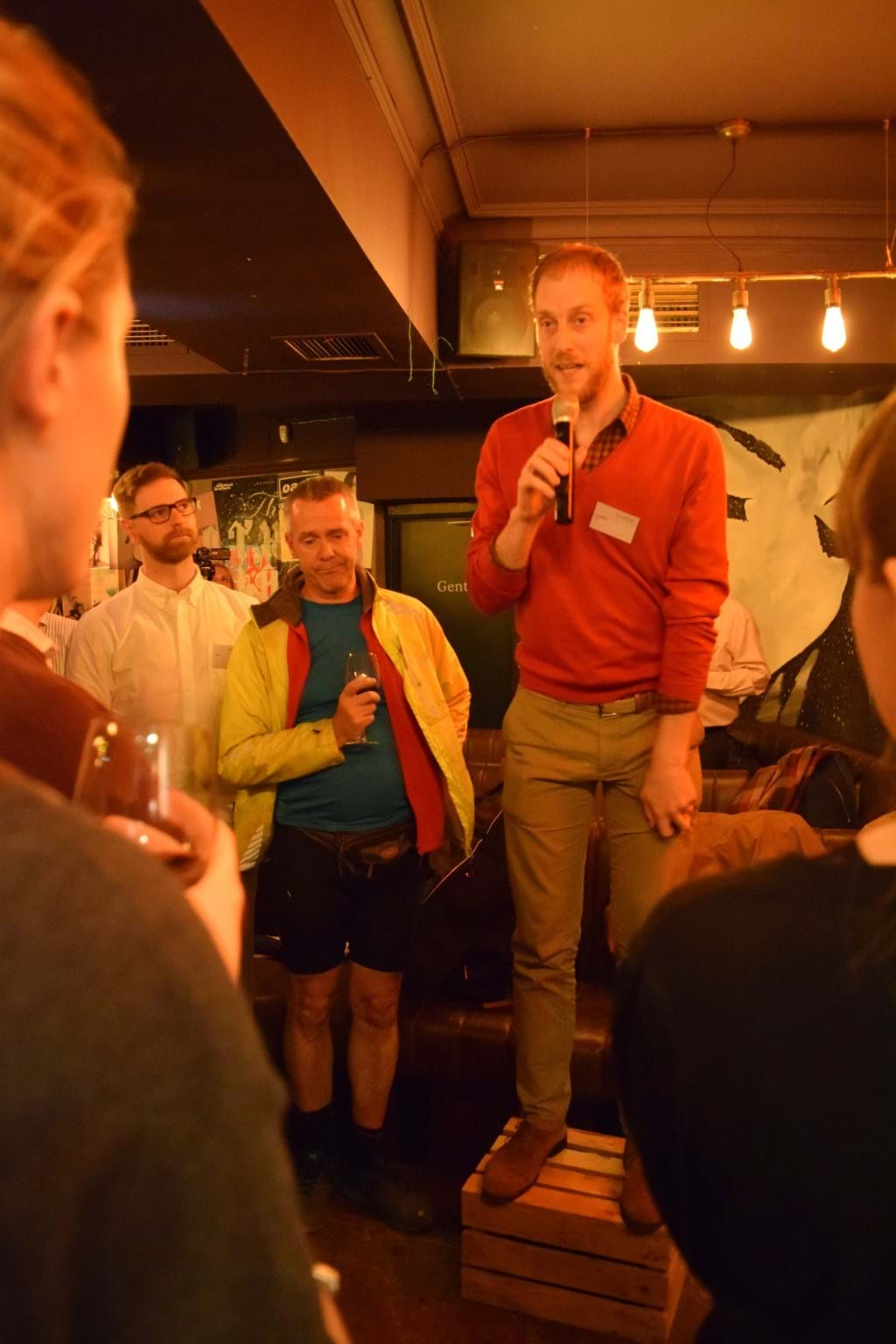
Establishing channels of communication between engineers and reporters is vital for getting engineering content in the media, as is learning to communicate in a succinct and engaging way. It’s also important to keep in mind that reporters are inundated with ideas for stories, so persistence is essential.
Some press offices provide great channels of communication. In general, stories about academic scientific research are much easier to come by than practical engineering. I think this is directly related to the different attitudes of university press offices and those of private companies. Universities are open and encourage academics to share their research, whereas company press offices seem to focus on maintaining an image, and damage control. I really felt this when I was doing my British Science Association media fellowship with BBC science news; it was almost impossible to find industry employees to comment on stories. Removing this restriction would give many engineers freedom to be heard.
The IChemE event opened up the dialogue between reporters and engineers, but we have a long way to go. My vision is to see more engineering stories in mainstream media, public awareness of what engineers do, and maybe even an 'Engineering' tab on the BBC News website!
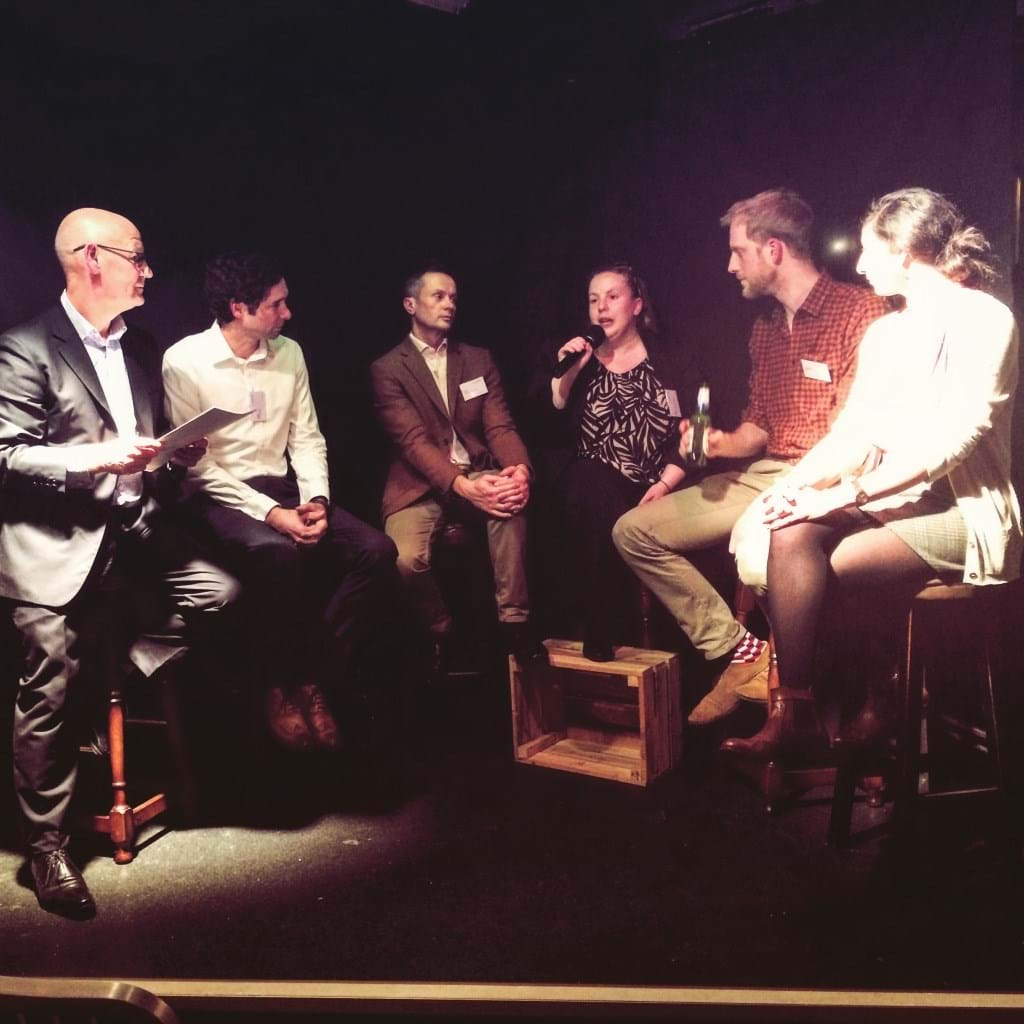
Follow Yasmin on Twitter: @EngineerYasmin